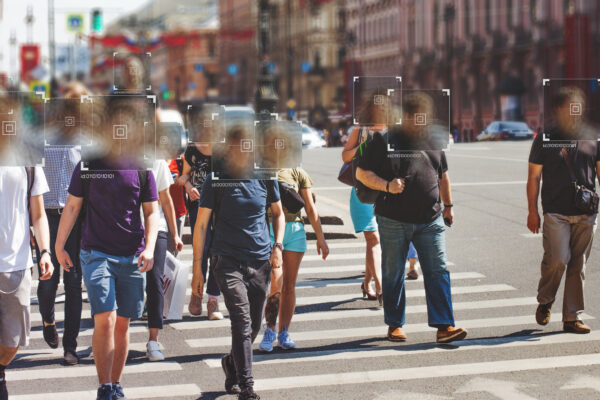While searching for a new apartment in Atlanta recently, I was alarmed and stressed out by some of the information I was asked to provide. Most frightening was having to let these companies use scans of my face when I had no idea what they were going to do with the information.
The technology is not entirely new. I use a version of it to unlock my smartphone and have adapted to several such innovations — the pace of progress waits for no one. However, what’s becoming increasingly apparent is the need for laws that protect Georgians’ biometric data from being shared, sold, and used to our detriment.
Currently, Georgia has no law that ensures people are in control of their own biometrics. Only a few states do. Still, I was asked to give up those personal, sensitive details numerous times during my apartment search. Here’s a peek at the frustrating demands my partner and I faced:
When applying for homes, we would reach a point in the process where companies – which will remain unnamed but largely employed the same tactic – would ask us to prove we were real people, the same people applying to the property. You think a state- or federally-issued ID would suffice. I had to send in a picture of my ID, too, but then came face scans. The process was punted to my cellphone and a third-party app, a separate company than the one we would be paying rent to. I clicked yes on an agreement before the app accessed my phone camera. The pop-up agreement always included a vague promise, something to the effect of, “So-and-so company will not use your data improperly.”
How considerate of them, but the truth of the matter is corporate promises mean little when there’s money to be made. Twitter asked users for personal info for the express purpose of securing accounts, but then also used it to serve up targeted ads. Facebook agreed to a $650 million settlement in a class action suit over facial recognition technology used to collect and store the biometric data of users in Illinois without the proper notice and consent. (This class action was possible because of Illinois’ Biometric Information Privacy Act).
No-name companies asking for exorbitant amounts of money and high-tech scans of my face, just so I could have a ceiling over my head, was very troubling, if not more so than the above examples. If it takes the highest federal agency tasked with protecting consumers to catch gigantic companies doing wrong, it leaves me wondering if any regulatory bodies are keeping an eye on rental businesses operating locally.
I ended up signing a lease with an apartment complex that did not ask for a digital record of my exact facial structure. No one should have to provide such nonsense, particularly people with criminal records trying to turn their lives around or people of color who are more likely to fall victim to misidentification. Businesses may argue that facial recognition software is at least partly used to improve public safety, but it’s important to remember that the risks are poorly understood and little evidence exists that they make communities safer.
Thankfully, there is a path forward for protecting my own and all Georgians’ biometric data. The Biometric Information Protection Act (BIPA) is a common sense, well-crafted, and time-tested measure to protect biometric privacy. The ACLU of Georgia advocated for its passage this past legislative session, and will do so again in 2024. Learn more about this much-needed piece of legislation here.
Jerzy Shedlock (he/him) is a communications strategist at the ACLU of Georgia.





